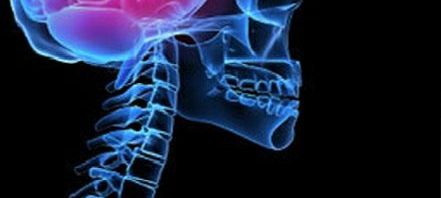Monday, March 14th is a big day for the Concordia College Neuroscience Community. Dr. Steve Wonderlich, a Cobber Alumni, is going to hold a lecture about his new Bulimia Nervosa treatment model. Because of this, the Neurochemistry class focused on the topic Bulimia and worked together to break down Wonderlich’s 2014 paper discussing his model.

Bulimia Nervosa is serious and sometimes life-threatening disorder in which an individual undergoes a cycle of binge eating and then purging through vomiting, laxadives, or excessive exercise.
Dr. Wonderlich’s model focused on the importance of targeting the patient’s emotional regulation and working with them on an individual basis so that they are able to overcome their need for binging and purging.
The role of emotion plays a very critical role in bulimia because it is not solely about body image; it is about one’s inability to control their impulsiveness when in an emotional vulnerable state, according to Dr. Wonderlich. His new method is called interactive cognitive affective therapy (ICAT).
What is really interesting about this model is that it’s primary focus is on emotional regulation whereas some other forms of treatment focus primarily on the patient’s way of thinking cognitively. It target’s the patients emotional understanding, self-awareness, and triggers for episodes.
Dr. Wonderlich talked about how the brain plays a role in this disorder. The two main brain areas that are involved in emotion are the striatum and the amygdala, which are parts of the brain’s limbic system.

The amygdala is also essential for the brain’s reward pathway, which is activated during a bulimic episode, as well as with drug use.
During a bulimic episode, the individual wants to avoid negative feelings, so they resort to binge-eating (which can also be triggered after starvation with anorexia nervosa). The food acts as a reward and an escape from the negative aspects of their life, meaning that it acts as both positive and negative reinforcement.

After their binge episode, the individual may feel guilty and want to avoid the weight gain, so they go through a purge episode, which, again, acts as negative reinforcement.

This vicious cycle has made bulimia very hard to treat because, more often than not, it is about a lot more than just body image; it is about gaining control and avoiding the negative in one’s life. Although it is difficult to treat, Dr. Wonderlich’s breakthrough with emotional regulation shows promising results for a promising future of those suffering from bulimia nervosa.
Emotional Regulation and Bulimia Nervosa
